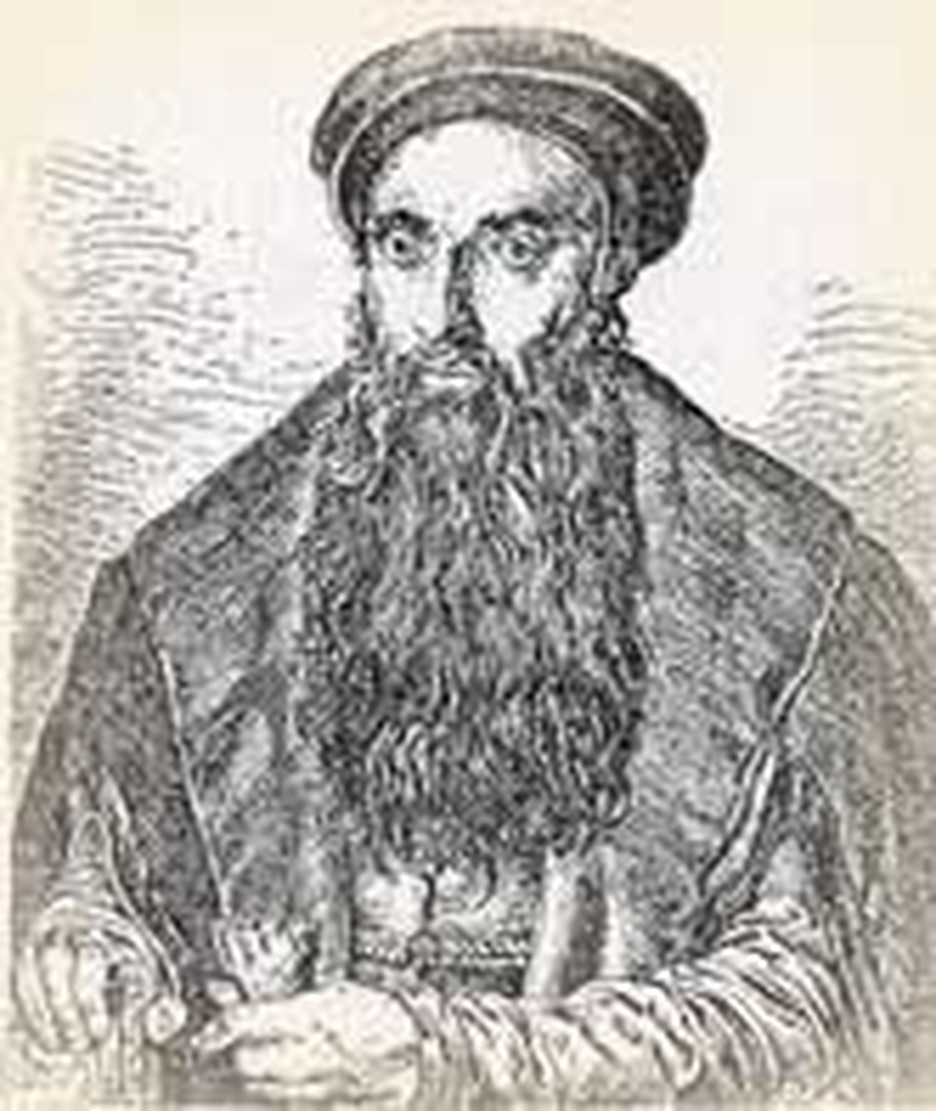
If you were asked to name the countries of the world that are most strongly identified with the Roman Church, Poland would surely be one that came to mind. Pope John Paul II is a notable representative of Polish faith. Yet there was a time when it seemed Poland would follow other northern European nations into Protestant reformation. Why didn't it?
Reform ideas first came to Poland in the fifteenth century through Bohemian followers of John Hus. Then, after the Lutheran reformation began in the sixteenth century, exiles from European countries took refuge in Poland and made converts. Lutheranism itself never became popular, however. Calvinism appealed more to the Polish nobles and commoners because it was more democratic in form. Several nobles and even King Sigismund II favored Calvinism.
One of the noblemen who favored Calvinism was John Laski. His uncle was a powerful archbishop. Like the uncle, the nephew trained for the church. He traveled to France to further his education, but turned in disgust from the scholasticism of Louvain and came to Zurich. Zwingli encouraged him to study the Bible direct, which Laski did. Hitting it off with Erasmus in Basle, he spent a year with the brilliant educator and made friends with a number of reformers who crossed his path.
Uncle Laski did not like this at all. He ordered John home and demanded that he recant his "heretical" beliefs. John obeyed and was made an archdeacon. His duties brought him into contact with the Roman Church and papacy and he witnessed deep corruption at first hand, becoming convinced that the church must reform. At this juncture he was offered a bishop's mitre. Not only did he refuse it, but he openly declared for the Reformation.
He had to flee from Poland, and wandered across Europe. Invited to direct the churches of Friesland, he applied Calvin's methods to the job and reformed the church. In England, he hit it off famously with Cranmer, and influenced the Book of Common Prayer. When he finally returned to Poland, he brought Calvinistic reforms and translated the Bible into his native tongue.
Many Poles turned from the Roman Church, winning a measure of religious freedom. Some church buildings were put to Protestant use. Laws forbade the execution of Roman Church decrees by the government or the collection of Peter's pence (a Vatican tax). But when John Laski died on this day, January 28, 1560, Protestantism was no nearer dominating Poland. The Protestants were too divided. Lutherans, Unitarians, Hussites, Anabaptists, and Calvinists could not agree on common policy. The Roman Church remained the single largest Christian bloc and Roman clergy retained special rights in teaching religious doctrines. In the seventeenth century, religious toleration virtually ceased when the Roman Church reasserted its supremacy.
Bibliography:
- Dalton, H. "Lasco, Johannes A. (Jan Laski)." New Schaff-Herzog Encyclopedia of Religious Knowledge. Grand Rapids: Baker Book House, 1954.
- "John Laski." (https://reference.allrefer.com/encyclopedia/L/Laski-Jo.html).
- Ott, Michael. "John Laski." The Catholic Encyclopedia. New York: Robert Appleton, 1914.
- Various encyclopedia and internet articles.
Last updated May, 2007.



